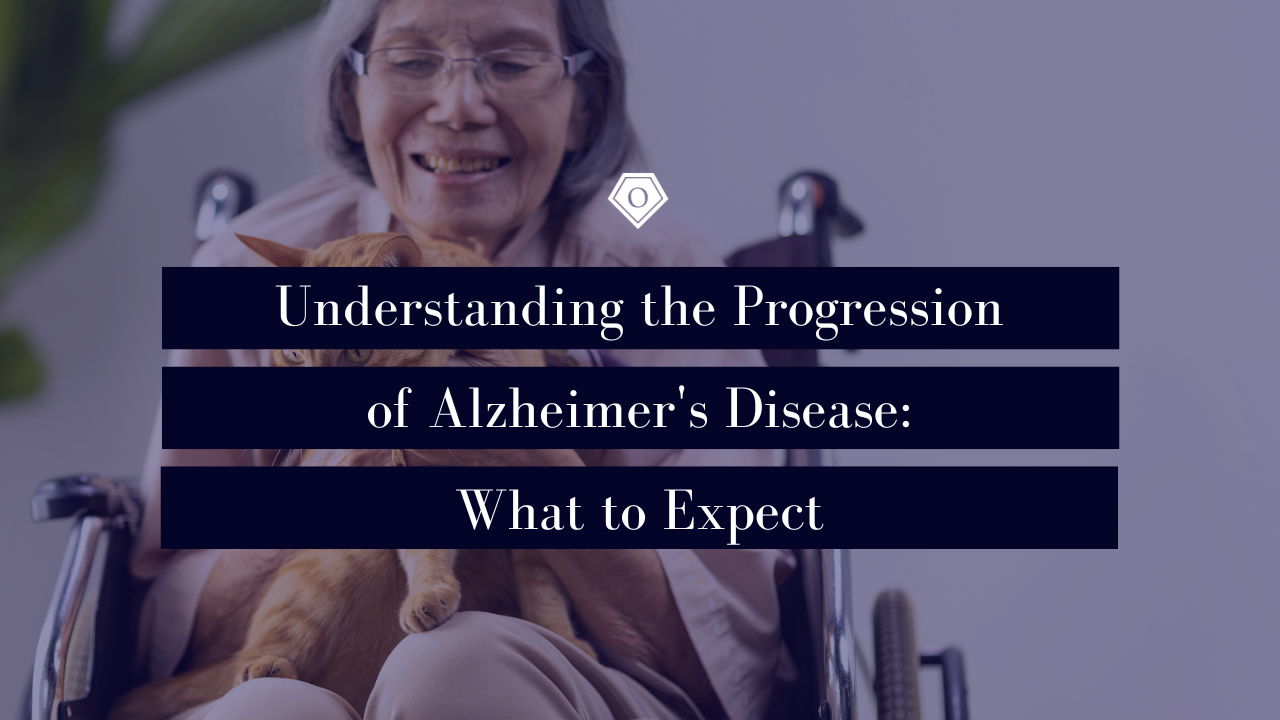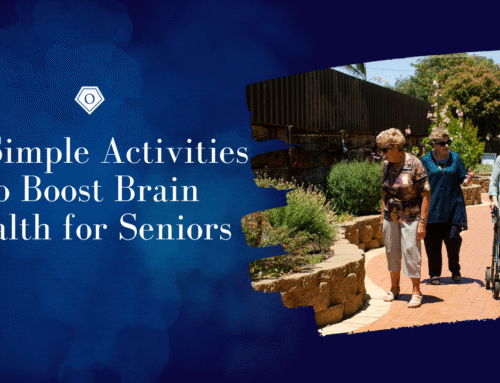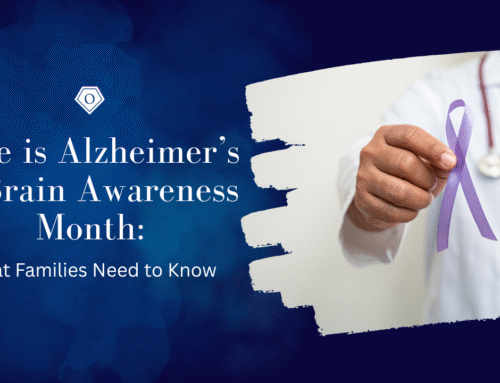Alzheimer’s disease is a complex neurodegenerative condition that affects millions of individuals worldwide. As one of the most common forms of dementia, it progressively impairs memory, cognitive abilities, and daily functioning. Understanding the stages of Alzheimer’s disease and what to expect can help patients, caregivers, and families navigate the journey with greater awareness and preparedness.
The Early Stage: Mild Cognitive Impairment
The onset of Alzheimer’s disease typically begins with subtle changes in memory and cognitive function. In the early stage, individuals may experience:
- Forgetfulness: Forgetting recent events or conversations, misplacing belongings, or needing help recalling names.
- Difficulty with Planning and Problem-Solving: Challenges in managing finances, following recipes, or completing tasks that involve multiple steps.
- Mood Changes: Mild mood swings, increased irritability, or anxiety may be observed.
During this phase, individuals may still be able to perform daily activities independently with minimal assistance. However, they may begin to recognize cognitive abilities changes and seek medical evaluation.
Support family caregivers need at this stage:
- Emotional Support: Individuals may benefit from understanding and empathy as they come to terms with their diagnosis. Encouragement and reassurance can help alleviate anxiety and depression.
- Education and Information: Information about Alzheimer’s disease, its progression, and available resources can empower individuals to manage their condition actively.
- Memory Aids and Strategies: Implementing memory aids such as calendars, reminder apps, and structured routines can help compensate for early memory loss and cognitive difficulties.
- Caregiver Support: Family members and caregivers may require education about Alzheimer’s disease, guidance on communication strategies, and support in navigating changes in their loved one’s behavior.
The Middle Stage: Moderate Alzheimer’s Disease
As Alzheimer’s disease progresses, symptoms become more pronounced and interfere with daily life. In the middle stage, individuals may experience:
- Memory Loss: Significant memory impairment, including difficulty recognizing family members or familiar places.
- Language Difficulties: Struggling to find the right words, repeating phrases, or needing help following conversations.
- Confusion and Disorientation: Getting lost in familiar surroundings, forgetting the date or time, or experiencing difficulty with spatial awareness.
- Behavioral Changes: Increased agitation, restlessness, or wandering behavior may occur. Individuals may also exhibit changes in sleep patterns or appetite.
During this stage, individuals typically require more assistance with daily tasks and may benefit from structured routines and supervision to ensure safety and well-being.
Support family caregivers need at this stage:
- Assistance with Daily Activities: Individuals may require increasing assistance with tasks such as bathing, dressing, grooming, and meal preparation. Caregivers may need training in safe and effective caregiving techniques.
- Safety Precautions: Implementing safety measures such as removing tripping hazards, installing grab bars, and securing medications can help prevent accidents and injuries.
- Behavioral Management: Managing behavioral symptoms such as agitation, aggression, or wandering may require strategies such as redirection, calming techniques, or medication management.
- Respite Care: Caregivers may benefit from respite care services to alleviate caregiver stress and prevent burnout. This allows caregivers to take breaks and attend to their own needs.
- Social Engagement: Encouraging social interaction and engagement in meaningful activities can help maintain cognitive function and emotional well-being. Day programs, support groups, and recreational activities tailored for individuals with Alzheimer’s disease can provide opportunities for socialization and stimulation.
The Late Stage: Severe Alzheimer’s Disease
In the late stage of Alzheimer’s disease, cognitive decline is profound, and individuals become increasingly dependent on others for care. Symptoms may include:
- Severe Memory Loss: Loss of awareness of surroundings, including recognition of loved ones.
- Impaired Physical Function: Difficulty walking, sitting, or swallowing may occur as motor function declines.
- Incontinence: Bladder or bowel control loss is common in the late stage.
- Loss of Communication: Limited ability to speak or comprehend language effectively.
At this stage, individuals require round-the-clock care and assistance with all activities of daily living. Supportive measures focus on maintaining comfort, dignity, and quality of life.
Support family caregivers need at this stage:
- Full-Time Care: Individuals typically require round-the-clock care and supervision to ensure their safety and well-being. This may involve assistance with all activities of daily living, including feeding, toileting, and mobility.
- Comfort Care: Focus shifts towards maintaining comfort, dignity, and quality of life. Palliative care services can provide symptom management, pain relief, and emotional support for the individual and their family.
- Communication Support: Non-verbal communication techniques such as touch, gestures, and facial expressions may be used to connect with individuals who have lost the ability to speak or comprehend language effectively.
- End-of-Life Planning: Discussions about end-of-life wishes, advance directives, and hospice care may become necessary as the disease progresses. Supportive services can assist families in making decisions aligned with their loved one’s values and preferences.
Planning and Support
Navigating the progression of Alzheimer’s disease can be emotionally and physically challenging for both patients and their families. It is essential to plan for the future and access support services that can help manage the evolving needs of the individual with Alzheimer’s disease.
- Medical Care: Regular medical appointments and consultations with specialists can help monitor symptoms, manage medications, and address coexisting health conditions.
- Caregiver Support: Professional caregivers are crucial in providing physical, emotional, and practical support. Seeking respite care, joining support groups, or accessing professional caregiving services through home health care can alleviate family caregiver stress and burnout.
- Legal and Financial Planning: Advance directives, power of attorney, and estate planning are essential considerations for individuals with Alzheimer’s disease and their families. Consulting with legal and financial advisors can ensure that future decisions are made by the individual’s wishes and best interests.
While Alzheimer’s disease presents unique challenges at each stage of progression, understanding the trajectory of the disease can empower patients, caregivers, and families to make informed decisions and access appropriate support services. By embracing a compassionate and proactive approach, individuals with Alzheimer’s disease can live with dignity and quality of life, surrounded by the love and care of their support network.
Alzheimer’s & Dementia Home Care
Onyx Home Care’s neurological disorder care is built around a system of support. This service includes skilled home care as well as a unique program that centers on the patient’s interests and stage of illness. Our goal is to see happy family members, patients, and caregivers. Often times, caregivers feel remote. Our team includes each person in the home care process to provide inclusive care that helps the patient thrive.






